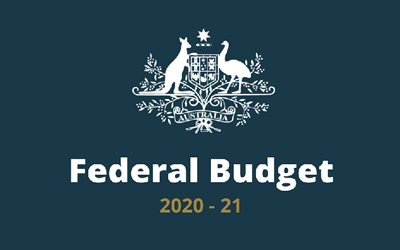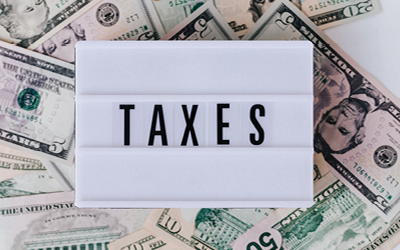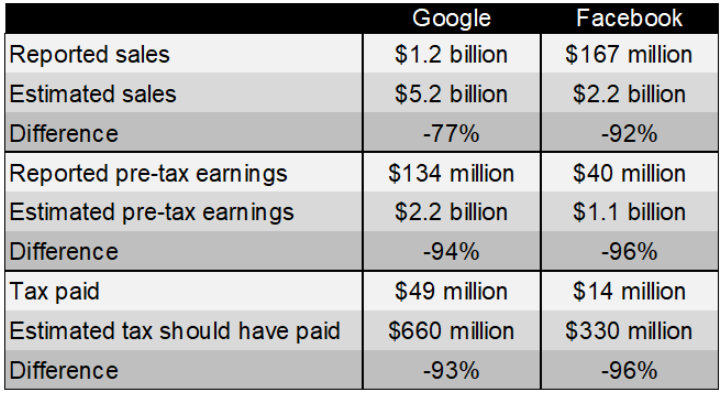
The 2020 Federal Budget
The 2020 Federal Budget (postponed from May), has been characterised by spending and bringing forward tax cuts to get the economy moving again. Make no mistake, the numbers are big! However, COVID has been seen as a great a threat to the global economy has faced in a very long time (many suggest since The Great Depression), and so requires equally strong and unprecedented measures.
The Treasurer, Josh Freydenberg has said that once the economy recovers and unemployment falls comfortably below 6%, he will then look to tackle the deficit. This is forecast to be in 2023-2024.
Unlike other budgets where we find major changes to superannuation requiring more strategic assessment and planning, this budget is relatively straight forward.
- Personal tax cuts have been brought forward 2 years. This means many of you earning over $50,000 pa will have at least an additional $41 per week in your pockets. This will be back dated to 1st July 2020.
- Further support for pensioners, low income earners and job seekers. This includes two cash payments and incentives for employers to hire unemployed workers.
- Making it easier to choose a super fund. There will be an interactive online comparison to assist you in making a decision on where to invest your super, as well as making it easier to have your new employer contribute to your existing fund.
- First home buyer purchase caps lifted to assist an additional 10,000 first home buyers.
- Business tax changes for small business including immediate tax write-off, and applying tax losses from 2019 – 2022 against previously taxed profits.
- Increased business investment with $1.3bn for initiatives in ‘modern manufacturing’ and $5.7bn for new and accelerated infrastructure projects.
The attached article provides a comprehensive summary from Westpac Economics.





